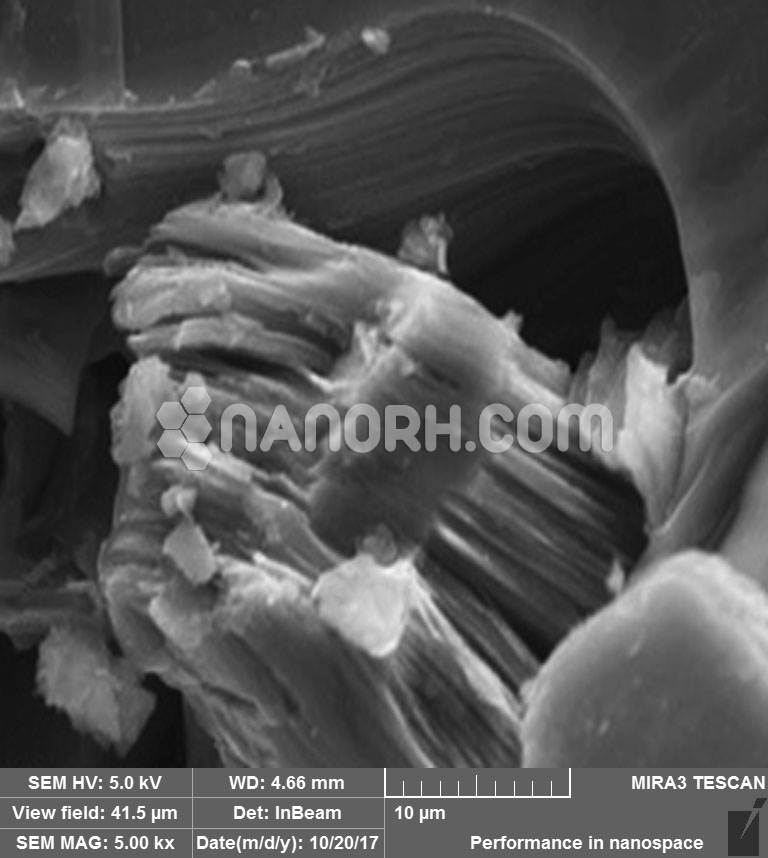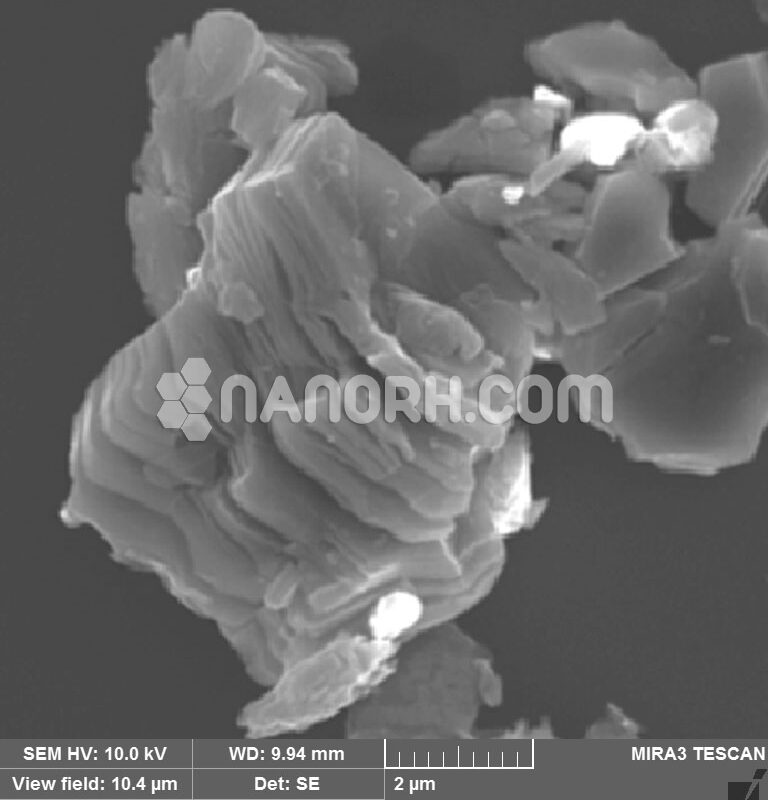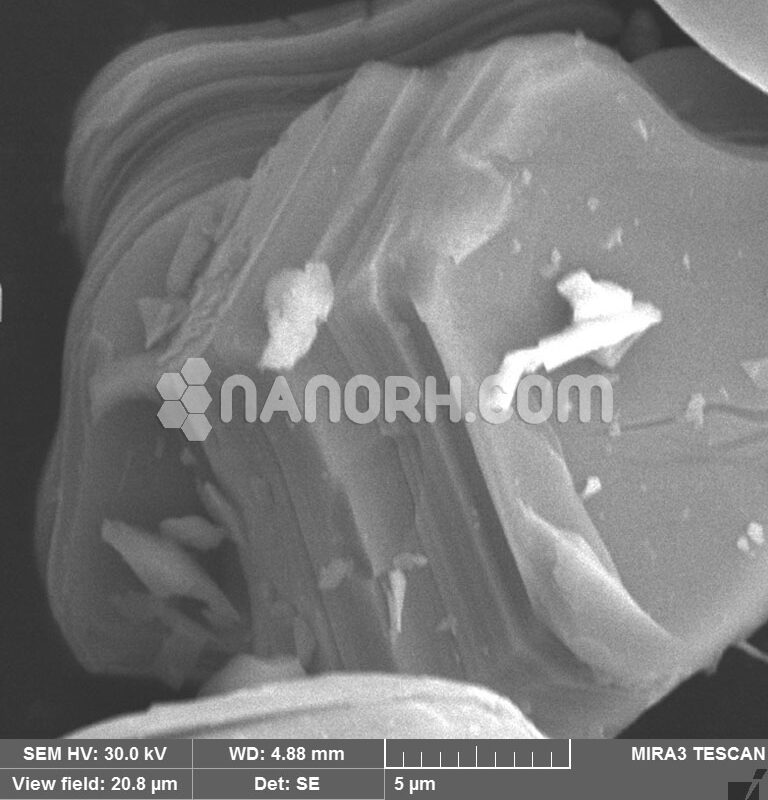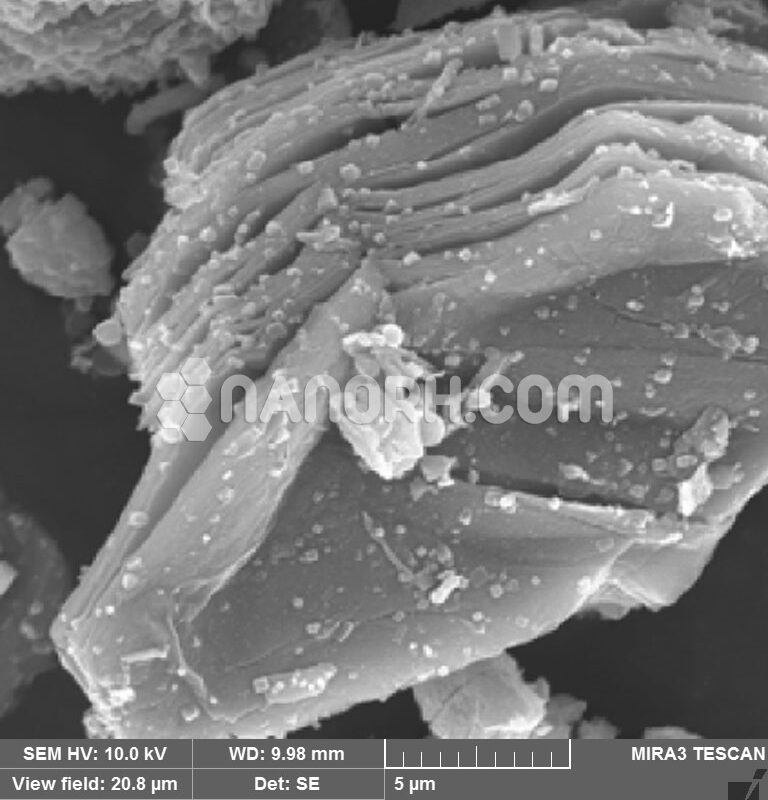|
Ti3CN Mxene Phase Powder |
|
| Product No. | NRE-59007 |
| CAS No. | 12316-56-2 |
| Formula | Ti3CN |
| Molecular Weight | 169.61 g/mol |
| APS | < 40 μm (Can be Customized) |
| Purity | 99.9% |
| Form | Powder |
Ti3CN Mxene Phase Powder
Ti₃CN MXene phase powder is another intriguing member of the MXene family, where “MXene” refers to a class of 2D materials derived from the MAX phases. The “Ti₃CN” designation indicates that it is composed of titanium, carbon, and nitrogen. Ti₃CN MXene possesses unique properties such as high electrical conductivity, thermal stability, and mechanical strength.
Applications of Ti₃CN MXene Powder:
Energy Storage:
Applications: Utilized in supercapacitors, batteries, and other energy storage devices.
Advantages: Ti₃CN MXenes offer high electrical conductivity and a large surface area, which enhance charge storage capacity and rate performance. They can provide high capacitance, rapid charge/discharge rates, and long cycle stability.
Electromagnetic Shielding:
Applications: Applied in materials for electromagnetic interference (EMI) shielding and radar absorbers.
Advantages: The high conductivity and layered structure of Ti₃CN MXenes are effective at attenuating electromagnetic waves, thus protecting electronic devices and systems from EMI.
Catalysis:
Applications: Used as a catalyst or catalyst support in various chemical reactions, including hydrogen evolution reactions (HER) and other energy conversion processes.
Advantages: Ti₃CN MXenes phase powder exhibit high catalytic activity and stability, which can improve the efficiency of catalytic processes and energy conversion technologies.
Sensors:
Applications: Employed in gas sensors, biosensors, and other types of advanced sensors.
Advantages: The high surface area and electrical conductivity of Ti₃CN MXenes enhance sensor sensitivity and performance, making them suitable for detecting gases and biological molecules.
Thermal Management:
Applications: Utilized in thermal management systems, including heat sinks and thermal interface materials.
Advantages: Ti₃CN MXenes have high thermal conductivity, which aids in efficient heat dissipation and management in electronic devices and other systems.
Composite Materials:
Applications: Incorporated into composite materials to improve their mechanical and thermal properties.
Advantages: Ti₃CN MXenes can enhance the strength, toughness, and thermal conductivity of composites, making them useful for high-performance applications in aerospace, automotive, and other industries.
Coatings and Thin Films:
Applications: Used in protective coatings and thin films for various industrial applications.
Advantages: The mechanical strength, corrosion resistance, and thermal stability of Ti₃CN MXenes make them suitable for durable and high-performance coatings.




